Thirty-five years ago, on March 14, 1977, The New York Times published an essay that I had written about my brother’s suicide. I received a flood of letters from readers telling me that my article had been helpful to them. Last week my daughter Dorri, in consoling a friend whose father had committed suicide, sent her my article and also posted it on her own salon.com blog. Since salon.com named the piece an Editor’s Pick and since it garnered more than 388 views on the website, it seems to be still relevant, and so I am posting it here, with hopes that it will bring comfort to those whose lives have been touched by a suicide of someone close to them.
-------------------
On February 25 my brother took his own life.
In the morning he went to his safe-deposit box to withdraw his will and his life-insurance policies so that whoever would settle his affairs would be spared as much inconvenience as possible. In the afternoon he went to the barbershop for a haircut and a shave. The stroke he had suffered 12 years before, at the age of 44, had taken from him the use of his right hand. He was no longer able to shave himself as closely as he—ever-meticulous—liked to. On the way home he stopped to say goodbye to a friend. He told her he was going on a trip. To her question, “Where?” he smiled broadly and said, “It’s a secret.” Then he limped down the hall to his own apartment.
He took off and carefully folded the new clothes he had put on just as carefully only a short time before, sat on the edge of his bed, and with his still strong left hand pulled the trigger that sent a single bullet cleanly through his heart. The coroner told us later that he had died even before he fell back upon the bed.
My brother left notes—to his sons, to his mother, to his doctor, to friends, to me. They all held caring messages of gratitude for friendship and love given over the years. In a couple he left practical instructions. In none did he leave any explanation for his final, carefully executed act. He didn’t really have to.
The reasons are not hard to find. They tumble over each other. That clot that had stopped the flow of blood to his brain for mere minutes had changed his life.
He had been able to compensate to a great degree for his physical disabilities: the paralysis of his right arm and leg. But since he had never regained fluent speech or perceptive judgment, he had been unable to resume his work as a highly successful sales executive. Nor had he been able to find another job that both satisfied his need to achieve and was within his capability.
Furthermore, the insult to his brain had also affected his personality. Within two years of the stroke, his marriage of 22 years had ended. His friends found it hard to spend an evening with him and saw him less and less often. His only brother (to whom he had become close since his illness) died, and then his father, who had in recent years become his counselor, his confidant, his best friend.
Eventually, in the hope of recapturing some of his former professional success, he moved back to California, where he had been living and working until his stroke. Now a continent away from the east coast where his parents, his sons and I lived, he had neither friends nor family nearby. His connections with both his sons ebbed and flowed. While he and they mended their relationships, they remained separated by the miles. A fall in the garage while getting his car resulted in a broken hip, surgery, and a slow, painful recovery.
And then the final blow: The small business in which he had invested the entire amount of the insurance settlement he had received after his fall was thousands of dollars in debt. Not that much money in the business world, but a hopeless sum to my brother. His lawyer advised bankruptcy. He shook his head.
My brother looked at the years yawning in front of him and saw nothing but more pain, more loneliness, more thwarted hopes. For years he had maintained an air of unflagging good spirits so that he became the wonder of all who knew him.
Whatever pain or doubt he felt, he never showed. He had tried one venture after another to become self-supporting and avoid being a burden to his aging parents, to his sons, and to me, still the “kid sister.” Every balloon he had tried to inflate had burst in his face, until he could find only one solution. And so he shot himself.
Intellectually, I believe that every one of us has absolute power over our own lives. In my mind I believe that the decision to end one’s life can be a rational act of courage and dignity. And yet I am having great trouble accepting my brother’s decision.
I feel guilty, assailing myself with regrets. If I had been closer to him, if I had called him and seen him more often, if I had offered him more money, if I had made it easier for him to fail instead of advising him so strongly against his latest business venture, if I had intervened in his marital problems, maybe he would not have taken this final desperate step.
I feel angry that he could have done this to our mother, who had already suffered the loss of her only other son and of her husband. I resent his leaving me with the impossible task of easing her burden.
I feel anguished, imagining the depths of unhappiness never openly displayed that drove him to this last step.
The wise and compassionate rabbi who conducted the memorial service for my brother spoke privately to the family. He urged us not to torture ourselves with “if only’s.” He said, “I’m not saying this to wound you, but one thing you need o realize is that no matter how much he loved you, you were all peripheral to his life. If your relationships had been central to it, he would not have left you. None of you could have given him what he needed to make his life seem worth living.”
I am trying to give my brother the respect he deserves by accepting his decision the way he would have wanted me to, by heeding his last written words not to cry over him. I hope—for the sake of the life he lived so bravely up to the very end—that I will be able to.
This article was published in a slightly different form in The New York Times, March 14, 1977
©Sally Wendkos Olds
Sparkler Pencils
5 days ago











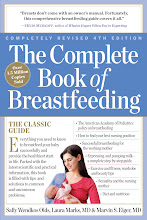







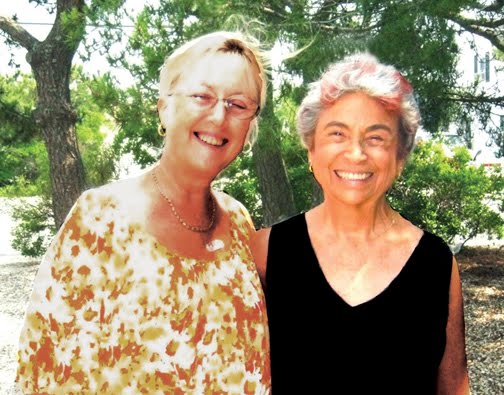.jpg)
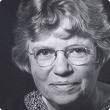




.jpg)
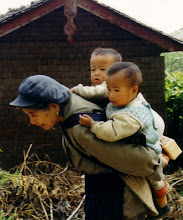.jpg)
.jpg)
.jpg)


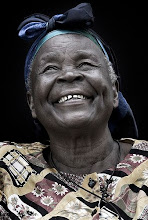

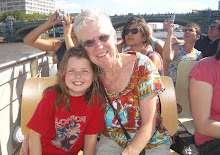.jpg)






.jpg)